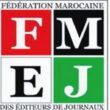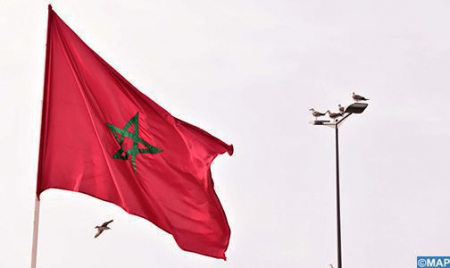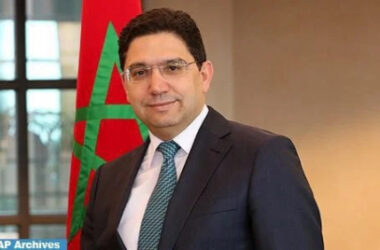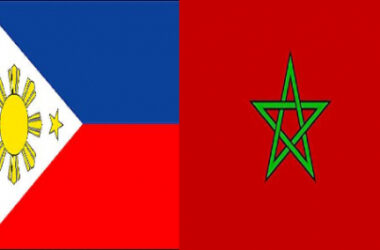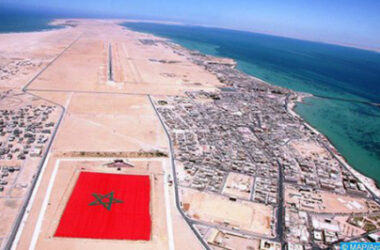In its 2021 Country Reports on Terrorism, the US State Department recalls that “the United States and Morocco have a long history of strong counterterrorism cooperation”.
“The Government of Morocco continued its comprehensive strategy that includes vigilant security measures, regional and international cooperation, and counter radicalization policies”, the report points out, noting that there were no terrorist incidents reported in Morocco in 2021.
The document recalls that the Kingdom is a member of the GCTF, which it co-chairs with Canada, and of the Defeat-ISIS Coalition’s Countering Violent Extremism Working Group and co-chairs the Africa Focus Group within the Coalition.
Regarding legislation, the report underlines that Morocco investigates, prosecutes, and sentences defendants under counterterrorism (CT) legislation enacted in 2003 and expanded in 2015, and which is in line with UN Security Council resolution 2178.
Moroccan law enforcement “leveraged intelligence collection, police work, and collaboration with international partners to conduct counterterrorism operations”, it says, adding that the Central Bureau of Judicial Investigation (BCIJ) remains the primary law enforcement agency responsible for counterterrorism prosecutions.
The document underlines the close cooperation between Moroccan and U.S law enforcement agencies in several areas, including financial investigation, intelligence analysis, forensics, and cybersecurity.
Commenting Morocco’s efforts in countering the financing of terrorism, the report recalls that the Kingdom is a member of MENAFATF, adding that the National Financial Intelligence Authority (FIU) is a member of the Egmont Group.
“In 2021, Morocco enacted stricter anti-money laundering legislation, in line with FATF standards,” the source says.
Regarding Morocco’s actions in the fight against violent extremism, the U.S. State Department stresses that the Kingdom has a comprehensive strategy in this area that prioritizes economic and human development in addition to countering radicalization to violence and “oversight of the religious sphere.”
“The Ministry of Endowments and Islamic Affairs has developed an educational curriculum for Morocco’s nearly 50,000 imams as well as for female Islamic guides (mourchidates)”, the report says, adding that Morocco’s imam training center in Rabat trains imams mostly from West Africa.
“The Royal Mohammedan League of Ulema (Rabita Mohammedia) counters radicalization by producing scholarly research, reviewing educational curricula, and conducting youth outreach on religious and social topics”, the document points out, while highlighting efforts made by the General Delegation for Prison Administration and Reintegration (DGAPR) to modernize prison management.
“The DGAPR, in cooperation with other ministries, conducted several trainings of its deradicalization program, Moussalaha (Reconciliation), for both women and men”, it says.
On international and regional cooperation, the report underlines that Morocco is “a major non-NATO ally”, adding that the Kingdom hosted in 2021 African Lion, AFRICOM’s (U.S. Africa Command) largest and most complex military exercise, which includes specialized training for CT-related units.
Additionally, the United Nations Office of Counterterrorism (UNOCT) established a UNOCT Program Office in Morocco for Specialized Counterterrorism and Law Enforcement Training in Africa, it says, adding that this Program Office opened in June and hosted several training courses in late 2021.
“Morocco also enjoys strong cooperation with European partners — particularly Belgium, France, and the Netherlands — to thwart potential terrorist threats in Europe”, the report points out.




